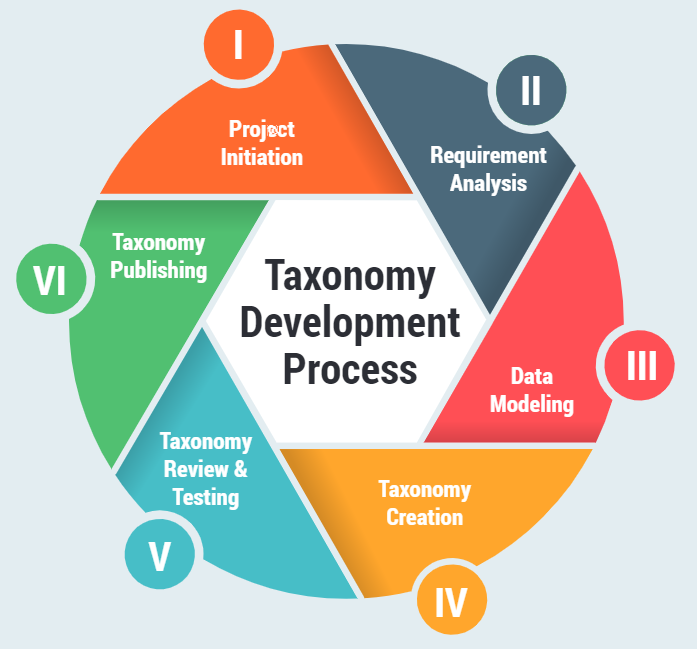XBRL is an internationally acclaimed open-source digital standard for financial reporting and data exchange. This standard is now used by business registries, stock exchanges, capital markets, central banks, and governments globally. XRBL is designed to collect, store, analyze, and derive business insights from complex information sources.
IRIS XBRL Consulting Services offers taxonomy design, development, quality review, and maintenance expertise. IRIS’ Taxonomy Design and Management methodology enable organizations to curate and manage taxonomies systematically. Over 20 clients across 16 countries have reaped the benefits of IRIS’ experienced and interdisciplinary team of consultants.
IRIS’ XBRL consulting offers a strong suite of subject matter expertise and global experience. It further comes with a strong implementation track record. IRIS’ services are spread across several reporting taxonomies and domains.
Our XBRL taxonomy experts have worked on and have an excellent understanding of prudential reporting for banking and insurance, business registrar requirements, IFRS taxonomies, US-GAAP based reporting, Data Point Modeling based taxonomies, Islamic reporting requirements and non-financial taxonomies like Global Reporting Initiative and Corporate Actions. IRIS’ XBRL consulting practice combines subject matter expertise, global experience, and a strong implementation track record to meet your business requirements.
The IRIS XRBL consulting offers:
- Taxonomy Design and Development
- Quality Review and Maintenance
- In-depth Training
- Functional Guidance for IRIS XBRL Products
Taxonomy Development Process
IRIS follows a simplified and easy-to-manage development process, which ensures a smooth transition to the XBRL environment. The IRIS taxonomy development process goes through six distinct processes. All these are designed to create fluid processes for organizations that operate in different taxonomies.

- Project Initiation: Identify key stakeholders of the project. Role of XBRL consultant and domain SME is a must.
- Requirement Analysis: Study of data requirements. Conduct data harmonization process to reduce redundancy. Identify business rules, reporting scenarios and coverage.
- Data Modeling: Encoding data points, establish Taxonomy architecture and procedures. Create data models for each data point. Establish conceptual, logical and physical structure of the taxonomy.
- Taxonomy Creation: Development of physical taxonomy files. Creation of schema and linkbases. Setting up taxonomy package. Preparations of Taxonomy working guide.
- Taxonomy Review & Testing: Release of taxonomy for internal testing and feedback from stakeholders. Recommend of 2 iterations of the feedback.
- Taxonomy Publishing: Publish the taxonomy of external users and public at large for feedback. Publishing the taxonomy of XII public registry could also be considered.
Value Proposition
Rich Experienc
With the IRIS, the implementation of XBRL services is managed by experienced SMEs. They bring in-depth expertise in setting, maintaining, as well as testing XBRL specifications. These SMEs' have cross-functional experience and knowledge of global implementation.
Reliable Processes
Given the detailed and well-structured process model, businesses can enjoy uninterrupted XBRL services. It offers a holistic approach that is customized as per the requirements of the client. All the methodologies that are implemented are tried and tested by experts.
End-to-end Offering
IRIS is a one-stop shop for all XBRL related requirements. This includes consultancy, creation, and maintenance. With the help of training and several easy-to-use tools, IRIS has products that a business needs for development as well as maintenance.
Price
IRIS provides cost-effective offerings with an onsite and offsite model. The company also offers automation and standard practices for taxonomy development that help in maintaining competitive pricing.




